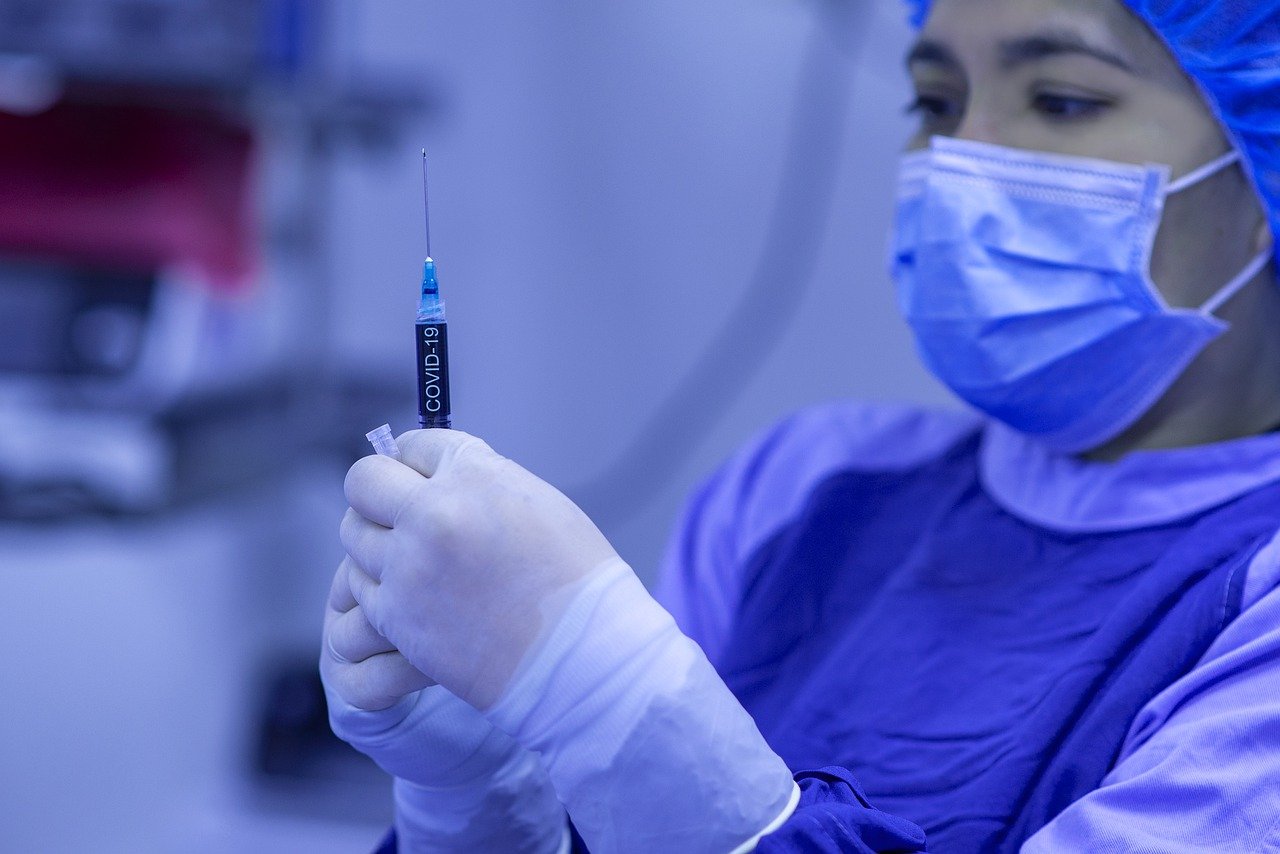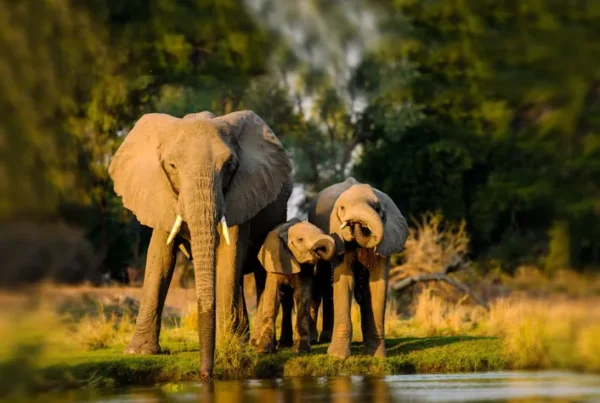The EU’s sluggish vaccination campaign has prompted a row with the UK over vaccine supplies. This highlights the perils of bringing politics and vaccine nationalism into the fight against COVID-19. Instead, the equitable sharing of vaccines is needed.
By David Bagshaw 09.02.2021
On December 8, Margaret Keenan became the first person in the world to receive a fully approved and tested vaccination against COVID-19 in Coventry, England. Since then, the UK has been one of the world leaders in vaccinations, with the goal of vaccinating 15 million of the most vulnerable people by the middle of February. Nearly three weeks after the UK started, the 27 EU member states began their vaccination campaigns on December 27 with what Commission President Ursula von der Leyen called “a touching moment of unity.”
In contrast to the UK, however, vaccinations in the EU member states are progressing sluggishly, and the unity is beginning to wane. By the middle of February, the UK had administered almost 19 doses per 100 people; the highest number in the EU, Malta, was less than half that, and most EU member states have only managed around 4 doses per 100 people. The slow rollout across the EU has led to a blame game, with some pointing fingers at the European Commission.
In reality, there is a myriad of reasons for the slow pace of vaccinations across the EU. One main reason is that the European Medicines Agency’s conditional marketing authorization is stricter than the emergency approval given by the UK regulator, requiring the manufacturer to accept liability for any unforeseen issues. Another issue is with the vaccine supply chain. Pfizer/BioNTech were not able to keep up with demand, as their vaccine was the first one approved by many countries. AstraZeneca also announced that it would reduce the number of doses delivered to the EU in the first quarter of the year due to problems at its plant in Belgium.
At the same time, AstraZeneca also reassured the UK government that it would fulfill the 100 million doses that it had promised to deliver to them. This has caused a rift between the UK and EU, worsening the already poor post-Brexit relations. The EU has accused AstraZeneca of breaking its contract and ordered Belgian authorities to investigate its plant near Brussels to check whether doses made there have been directed to the UK. In addition, on January 29, the European Commission announced that it would trigger a clause in the Brexit withdrawal agreement to control exports between Ireland and Northern Ireland. The swift backlash from leaders on both sides of the border prompted a climbdown from the Commission. However, tensions remain, with some EU leaders accusing the UK of hoarding vaccines and the UK accusing the EU of breaching trust in the very first month of their new partnership.
The UK’s Minister for the Cabinet Office, Michael Gove, outlined that, while the UK would attempt to help source additional vaccines for the EU, it was primarily focused on its own vaccination plan. The UK has also been keen to highlight its contribution of £548 million ($750 million) to the Covax scheme to help developing countries in an effort to dispel accusations of so-called “vaccine nationalism.” While vaccines are the most visible aspect of the row, there is fear that other materials involved in their manufacture and delivery, such as syringes and glass vials, could become the target of hoarding. Most countries do not have the capabilities to make all this specialist equipment and thus rely on imports.
This row has highlighted the danger of bringing politics into the effort to combat COVID-19. It is in everybody’s interests that as many people as possible are vaccinated around the world as quickly as possible. The World Health Organization has asked the UK to pause its vaccine program once all healthcare workers and high-risk patients have been vaccinated, saying that not only is it “morally the right thing to do, but it’s also economically the right thing to do.” A study by the International Chamber of Commerce estimated that hoarding vaccines could cost rich countries $4.5 trillion in 2021 alone due to their supply chains being connected to countries where the vaccination process has not yet progressed as much.
The new, more transmissible mutations which have sprung up in the UK, Brazil and South Africa have highlighted the continuing danger of COVID-19. Unless the virus is eradicated quickly, it is possible that further mutations could occur which render the current vaccines ineffective. However, experts estimate that it will be at least 2024 before the whole world has received a vaccination. The disease will only be fully brought under control by the equitable sharing of vaccine supplies. Vaccine nationalism and rows, such as that between the UK and EU, will only hinder the process and ultimately will cost lives.





